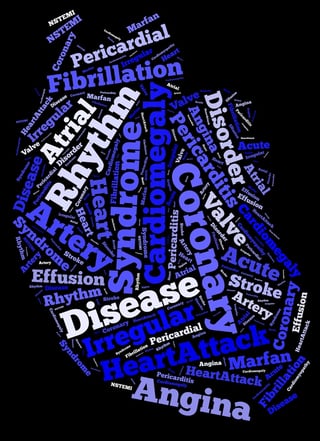
Obstructive sleep apnea (OSA) has long been linked to heart disease. This is one of the key reasons why doctors want people with OSA to treat their condition; untreated sleep apnea is linked to many heart conditions that could be prevented or at least not aggravated further.
What specifically happens during an apnea that leads to problems with the heart? And what heart conditions can result?
Anatomy of an a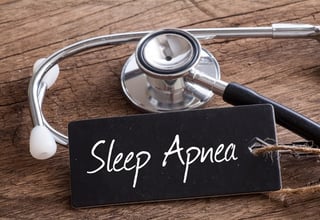 pnea
pnea
Obstructive sleep apnea is caused by a partial or complete blockage in the upper airway during sleep which results in a pause of 10 seconds or longer in breathing.
When someone has at least 5 apneas per hour, every hour, on average, they are diagnosed with a mild form of OSA. But don't let the word "mild" fool you. This is what happens after just 5 apneas an hour, if it happens all night, every night:
-
The respiratory system is unable to release carbon dioxide through exhalation or to take in necessary oxygen through inhalation.
-
Less oxygen in the bloodstream means blood cells are less supplied with this valuable element, which they deliver to all other cells in the body. Oxygen allows each and every cell to function; without oxygen, cell activity slows down and it can no longer function properly or do the work of repair and healing as a result. Cells which are starved of oxygen eventually die.
-
When cell activity slows down, this has an impact on all body functions. Most concerning in the moments surrounding apneas: heart function.
-
The heart is a muscle; without adequate oxygen, it cannot work as efficiently to pump blood throughout the body. It may struggle to maintain a normal heart rate; this can lead to long-term problems caused by oxidative stress on the heart.
-
Also, when the heart cannot adequately pump blood because of a drop in oxygen in the bloodstream, blood pressure rises. This is due to a chemically-induced stress response caused by reduced blood oxygen levels; the nervous system sends out stress hormones to force an increase in heart rate, as well as other hormones which cause inflammation and elevations in blood sugar. All of these hormones lead to oxidative stress of the heart if they are released on a regular (as in, nightly) basis.
-
High blood pressure and oxidative stress of the heart are both associated with stroke and heart disease.
This is what happens to someone with mild OSA. Someone with moderate to severe sleep apnea can expect a rapid worsening of cardiac symptoms if they do not treat their sleep apnea.
What sleep apnea does to the heart
In a word, damage. Over time, the heart cannot maintain its activity if it is being starved of oxygen, night after night.
Heart failure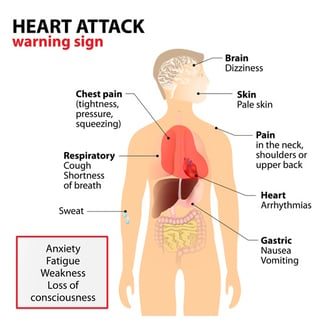
This can be one of the most serious outcomes for somebody who does not treat their sleep apnea. The severe stress that OSA can place on the heart, especially during REM sleep in the early morning hours, is one explanation as to why so many people have heart attacks between 4 and 6 am.
A heart attack occurs when the flow of oxygen-rich blood to the heart muscle becomes blocked, starving the heart of oxygen.
Coronary Artery Disease (CAD)
This is perhaps better known as "hardening of the arteries" (atherosclerosis). One of the key causes of CAD is high blood pressure (hypertension). Hypertension causes damage to the artery walls; plaques then form on the artery walls where they've been damaged. If the plaques break off, blood cells will clump in these areas to heal them, potentially clogging the arteries, leading to heart attack.
Hypertension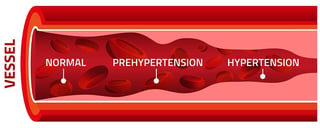
When we sleep, our blood pressure should mostly remain slightly lower than when we are awake.
However, untreated sleep apnea (and snoring, for that matter) can lead to the development of hypertension. When this happens, it leaves those with untreated OSA more likely to suffer from CAD or, eventually, a heart attack.
Atrial Fibrillation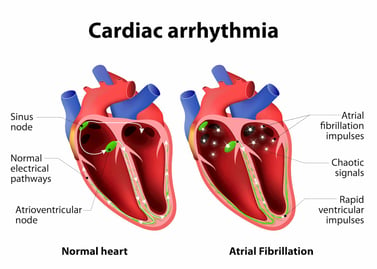
Sometimes referred to as "A Fib," atrial fibrillation is a form of abnormal and irregular heart rhythm in which the heartbeat is fast and "fluttering."
One of the side effects of untreated OSA is hypoxemia, a problem in which the bloodstream maintains lower-than-healthy levels of blood oxygen.
This leads to, among other things, the release of stress hormones and systemic inflammation (related to oxidative stress) which may predispose some, over time, to the development of cardiovascular dysfunctions that include atrial fibrillation.
Enlarged heart (cardiomyopathy)
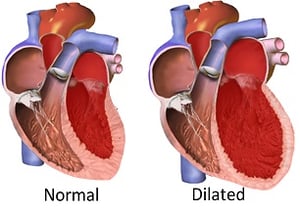
Sections of the heart, during repeated episodes of sleep apnea, may lose their tone or, in some cases, the heart walls may thicken.
These are outcomes of an overstressed heart trying to maintain normal blood flood and oxygen levels in the bloodstream during these pauses.
But it's not all bad news. Treating OSA can help prevent any of these cardiovascular problems from ever developing, or if you already have heart problems, they are less likely to worsen.
The gold standard for treating sleep apnea—continuous positive airway pressure, or CPAP—stands to do more than just improve your sleep. For this reason, most doctors suggest it as your first line of treatment.
Sources:
American Heart Association
American Thoracic Society
Circulation
Harvard Healthy Sleep
Mayo Clinic
Cardiomyopathy diagram is a modified version of one created by Npatchett [CC BY-SA 4.0].






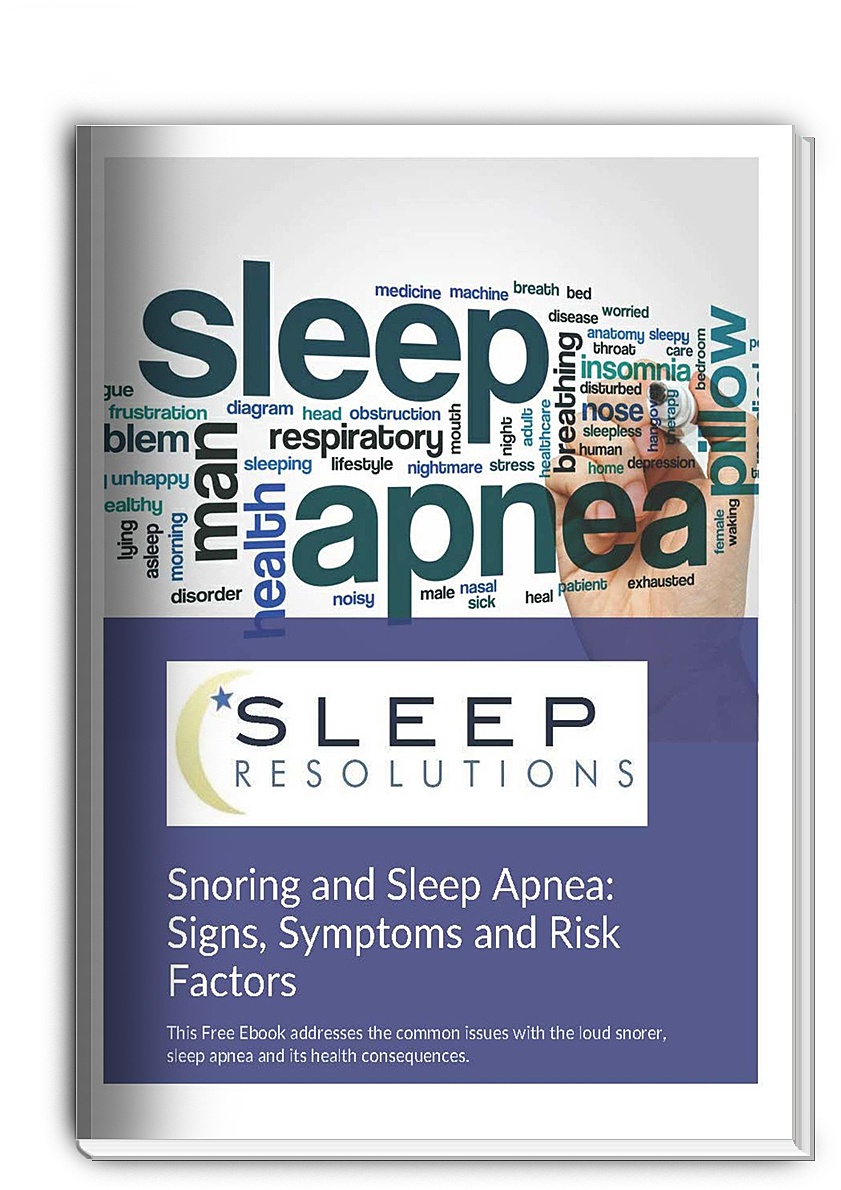

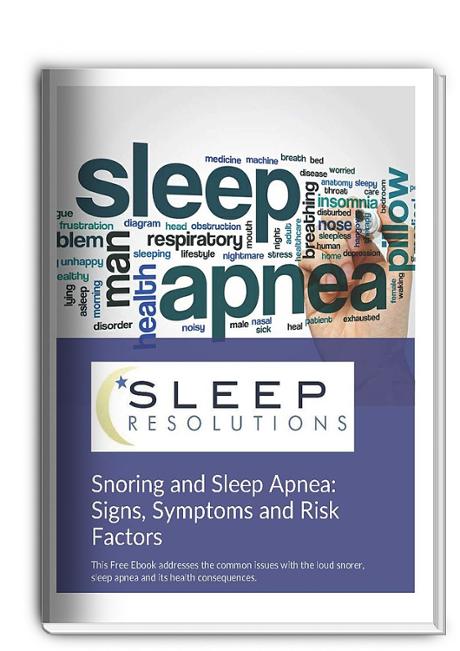




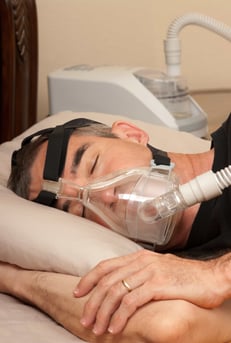
Leave a comment